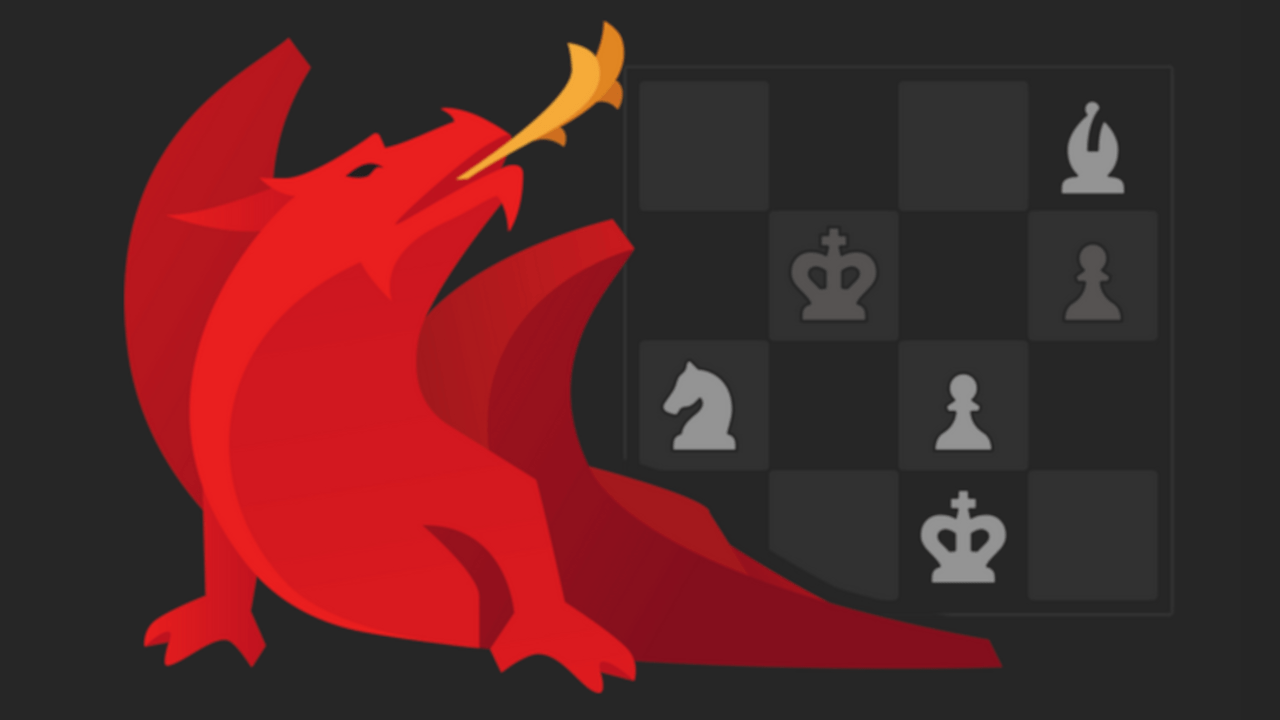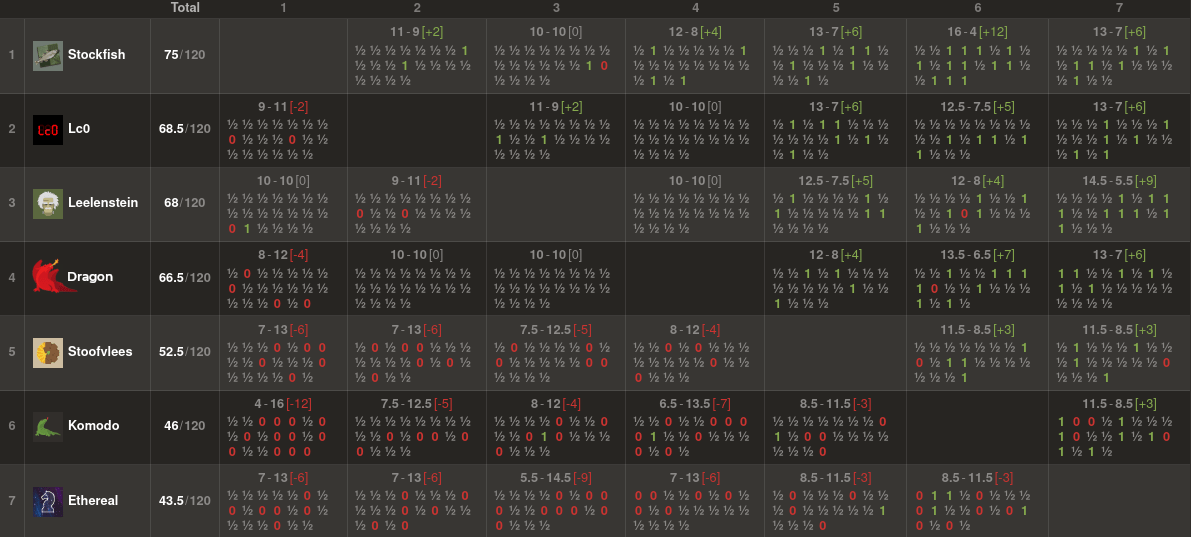
Komodo Releases Powerful New 'Dragon' Chess Engine
The Komodo team has released Komodo 14.1 and a new chess engine dubbed "Dragon." Dragon adds powerful NNUE (Efficiently Updatable Neural Networks) technology to the successful Komodo engine.
Komodo is the 2019 World Computer Chess Champion, 2019 World Software Chess Champion, 2017 TCEC Blitz Champion, 2018 World Blitz Computer Champion, and 2018 World Rapid Chess Champion.
The Komodo Team notes that Dragon beat Stockfish 12 in two testing matches. The first was a Chess960 long blitz match. The second set both engines to use MulltiPV = 4, meaning that the engines analyzed four lines at once. In that format, Dragon in MCTS mode convincingly won a 3600 game match.
NNUE engines have proven to be a major advancement in chess engine technology, allowing traditional tactically powerful "brute force" engines to incorporate the deeper positional understanding evinced by neural network engines such as AlphaZero and Leela Chess Zero. Some of the improvements made possible include:
- dramatic and immediate strength increases
- higher ceilings for potential strength (whereas engines like Leela have plateaued for some time, NNUE engines continue to make progress with no current ceiling in sight)
- ease of use (works on the CPU and does not require an advanced GPU)
Komodo has a reputation for being a strong positional chess engine, and Dragon only increases the engine's proclivities, making it possibly the strongest positionally inclined engine on the market. The Komodo team estimates that Dragon is about 200 Elo points stronger than Komodo 14 on one thread and about 170 Elo points stronger on four threads, based on direct matches at the CCRL blitz time control of two minutes plus a one-second increment.
In a debut and tuning tournament in the Chess.com Computer Chess Championship, Dragon finished fourth behind Stockfish 12 and Leelenstein and Leela Chess Zero.

Here is one of Dragon's most convincing positional wins in that tournament including video analysis.
In addition to improved playing strength, the release brings several new features. Komodo 14 and Dragon introduce seven new “personalities” (aside from the normal default personality), intended to simulate the play of various types of human players.
One of them, “Human,” is designed to play more like a human grandmaster on a high level or like an amateur taught by a grandmaster on lower levels, so it may well perform better against most humans than the default engine on the same level. Komodo 14 and Dragon also have “Auto Skill,” which when used with the Skill levels will cause the level to go up or down based on the course of the game so that you will have chances to save the game if you fall behind, while Komodo will put up stronger resistance if it falls behind.
 One totally new feature with Komodo 14 and Dragon is the armageddon option, which allows the user to instruct Komodo to treat draws as losses for White (or for Black). Armageddon is popular for tiebreaks and is usually combined with some other advantage for White, usually extra time, to offset the draw odds. Komodo will do its best to avoid draws for the must-win side.
One totally new feature with Komodo 14 and Dragon is the armageddon option, which allows the user to instruct Komodo to treat draws as losses for White (or for Black). Armageddon is popular for tiebreaks and is usually combined with some other advantage for White, usually extra time, to offset the draw odds. Komodo will do its best to avoid draws for the must-win side.
Komodo 14.1 and Dragon are available for purchase and use on all operating systems.


